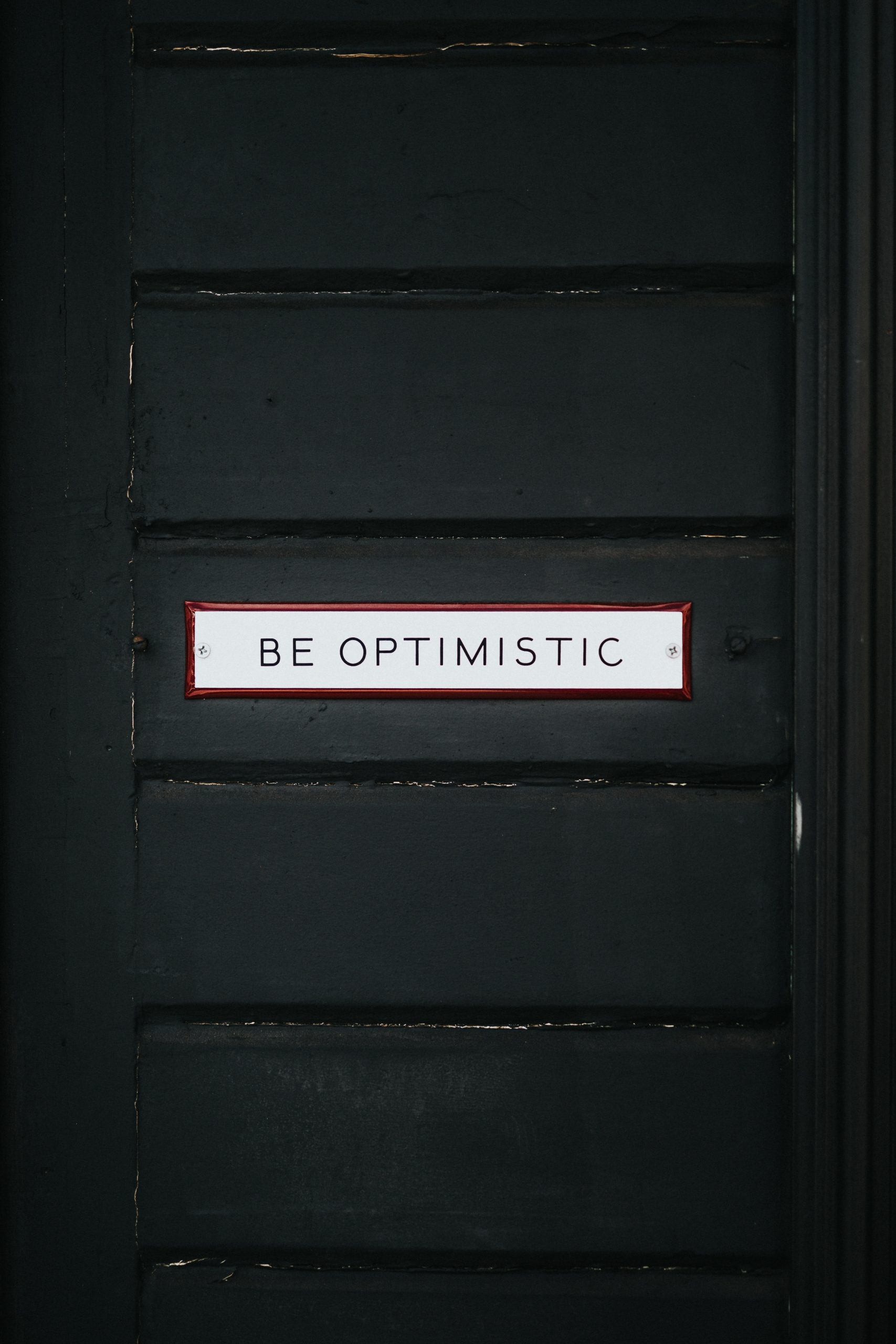The Controversy Surrounding Ouija Boards in Stores
Ouija boards have long been a subject of fascination and fear. These mysterious boards, also known as spirit or talking boards, are believed by some to be a tool to communicate with the spirit world. The mention of an Ouija board often evokes mixed reactions, with some finding it intriguing and others deeply disturbed.
In recent years, there has been a growing controversy surrounding the availability of Ouija boards in stores. While some argue that they are harmless items meant for entertainment purposes, others oppose their presence on the shelves, considering them a potential gateway to dangerous spiritual practices. This blog post aims to explore the different perspectives surrounding Ouija boards and the reasons behind the heated debate.
Origins and Popularization of Ouija Boards
The concept of using a talking board to communicate with the supernatural has been around for centuries. However, the Ouija board as we know it today emerged in the late 19th century. Elijah J. Bond, an American attorney, patented the first commercially successful Ouija board in 1890. According to the patent documents, the board was intended for “amusement, instruction, and pastime.”
Initially seen as a parlor game, Ouija boards gained popularity during the spiritualist movement of the late 19th and early 20th centuries. Spiritualism, a belief system that reached its peak during this period, revolved around the idea of communicating with spirits. Ouija boards became a tool used by spiritualists to contact the deceased and receive messages from the other side.
Over the years, Ouija boards have found their way into popular culture through movies, books, and tales of supernatural experiences. Many individuals are drawn to the idea of connecting with the unknown, tapping into the realm beyond our understanding.
The Debate: Harmless Game or Dangerous Portal?
There are two main schools of thought regarding the presence of Ouija boards in stores. Let’s explore each perspective in detail:
1. Entertainment and Cultural Significance
Proponents argue that Ouija boards are simply harmless products intended for entertainment purposes. They believe that the boards have no real power and are solely based on player input, often attributing any mysterious or supernatural experiences to mere coincidences or the power of suggestion.
Ouija board enthusiasts consider the boards as cultural artifacts, symbols of a bygone era when spiritualism had a significant influence on society. To them, removing Ouija boards from stores would be akin to erasing a piece of history and denying individuals the chance to explore their curiosity.
Furthermore, they emphasize that Ouija boards are regulated as toys or games by various consumer protection agencies. They argue that these boards come with clear disclaimers, stating their purpose as a recreational product and advising users to approach them with a skeptical mindset.
2. Spiritual Dangers and Negative Experiences
On the other side of the debate, opponents of Ouija boards view them as more than just a harmless game. They believe that the boards can open doors to malevolent spirits and negative energies, exposing users to potential spiritual harm.
From their perspective, Ouija boards are not mere toys or curiosities but powerful tools that should be handled with caution. They point to numerous reported cases of disturbing experiences and claim that individuals who tamper with Ouija boards often invite negative entities into their lives.
Many religious groups strongly discourage the use of Ouija boards due to their association with spiritualism and occult practices. Some even consider the boards as instruments of possession and manipulation by demonic forces.
Influence on Vulnerable Individuals
One primary concern raised by opponents of Ouija boards is their potential influence on vulnerable individuals, especially those who may be psychologically or emotionally susceptible. It is argued that those already struggling with mental health issues, such as depression or anxiety, might be more prone to interpret their experiences with Ouija boards as genuine supernatural encounters.
Psychologists and mental health experts often caution against the use of Ouija boards, considering them potentially triggering for individuals with pre-existing mental health conditions. They believe that the intense emotions and the belief in external forces can exacerbate anxiety or paranoia, leading to distressing outcomes.
However, it’s essential to note that the effects of Ouija boards on individuals can vary significantly. While some may have negative experiences, others may find them entirely benign or even enjoyable.
Availability and Regulation of Ouija Boards
Ouija boards are readily available in many stores, ranging from toy stores and department stores to online marketplaces. As mentioned earlier, these boards are often marketed as games or toys, targeting teenagers and adults alike. Some people argue that their accessibility contributes to their potential misuse or mishandling.
From a regulatory standpoint, different countries and regions have varied approaches to the sale and distribution of Ouija boards. Some areas impose age restrictions or require clear warning labels, while others strictly regulate their sale through occult or metaphysical specialty stores.
Conclusion
The controversy surrounding Ouija boards in stores centers on conflicting beliefs and interpretations about their nature and potential consequences. While some view them as harmless games and cultural artifacts, others perceive them as tools that can open dangerous spiritual gateways.
Ultimately, the decision to use or avoid Ouija boards lies with individuals and their personal beliefs. It is essential for those interested in exploring these boards to weigh the risks and potential impact, particularly for vulnerable individuals.
Regardless of one’s stance on Ouija boards, it is crucial to approach discussions surrounding them with respect and an open mind. Understanding the diverse perspectives on this subject may foster a more knowledgeable and empathetic discourse.
Table of Contents
